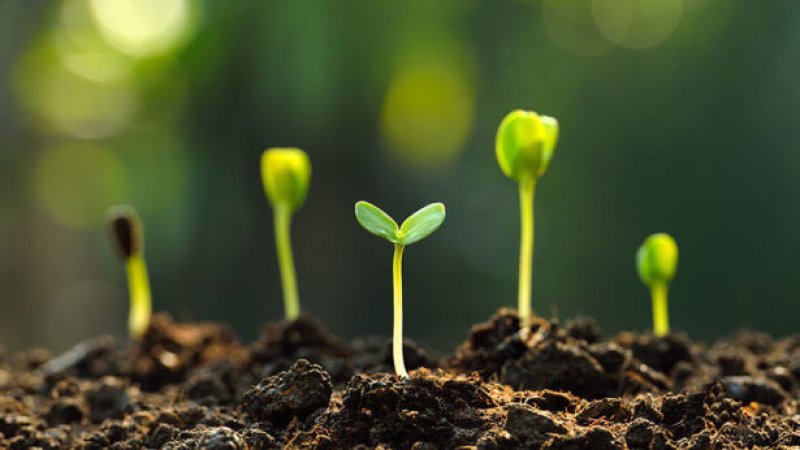Most no-tillers use some external inputs like herbicides and synthetic fertilizers, though there are certainly those who have or are on their way to reducing those inputs substantially.
But many messages from the mainstream media and society at large suggest that these herbicides, insecticides and synthetic fertilizers are more harmful than tillage. The entire organic industry is predicated on this idea and I’ve been wondering what science has to say about the comparative effects of the various management practices on the soil.
And as it turns out, Andrew McGuire, an irrigated cropping systems agronomist for the Center for Sustaining Agriculture and Natural Resources at Washington State University covered this topic in 2016 and added some updates in 2018.
In his post, he documents a number of studies that look at the effects on soil of glyphosate, insecticides, fungicides, tillage and synthetic fertilizers.
For example, he references a 2016 meta-analysis of 36 glyphosate studies …. that found “‘field application rates [of glyphosate products] had no significant effect on SMR [soil microbial respiration] or SMB [soil microbial biomass].’ He …. says “While not conclusive, this evidence does not raise any red flags about the use of herbicides and their effect on the soil.”































